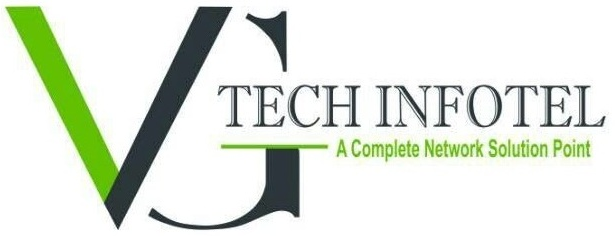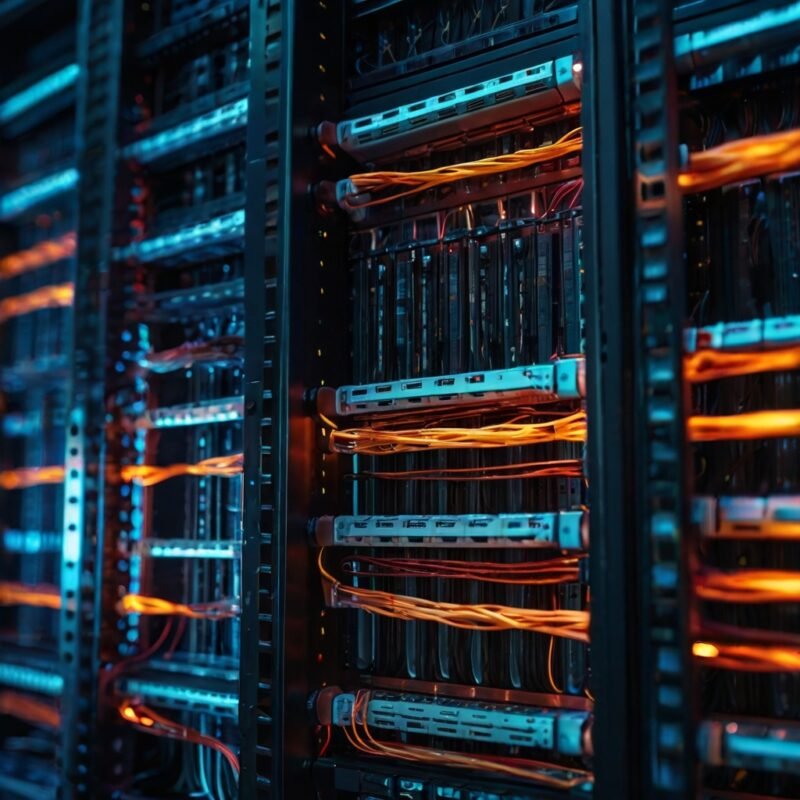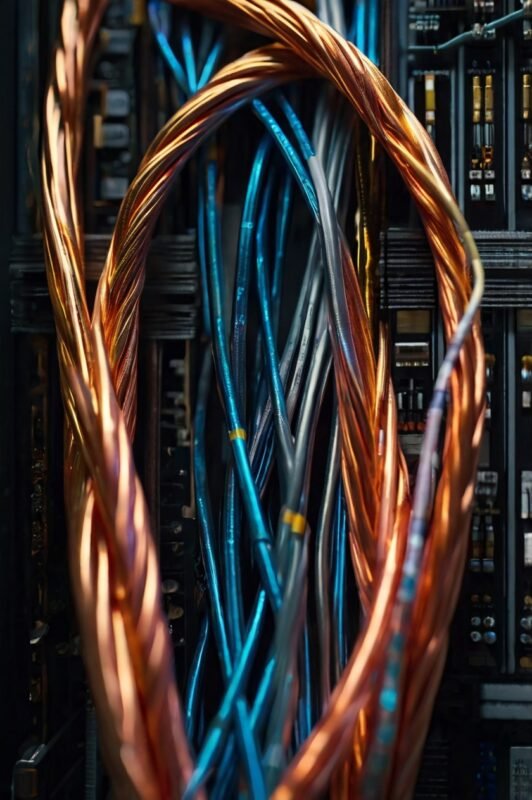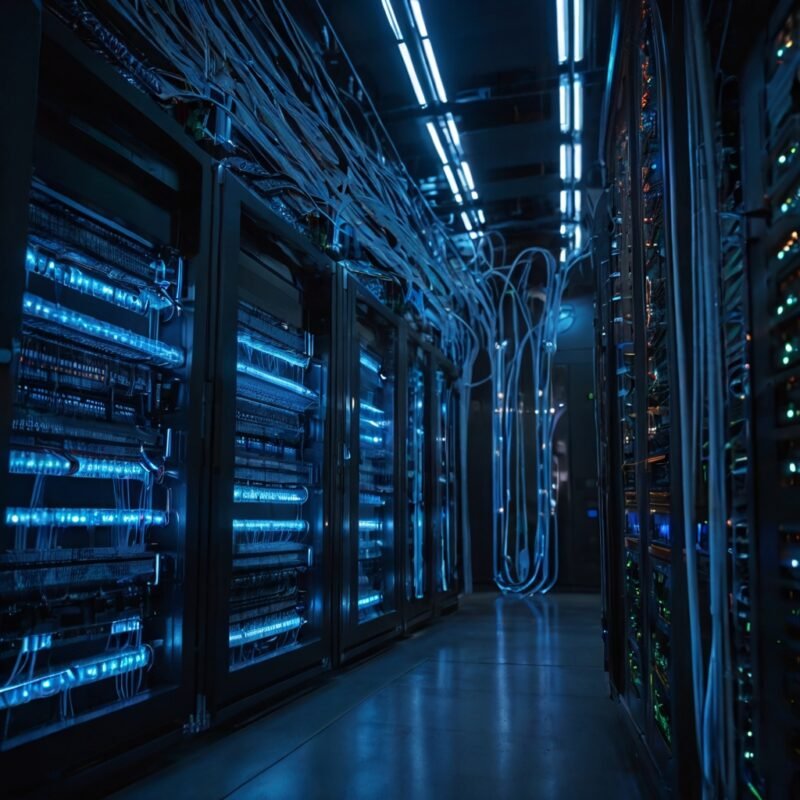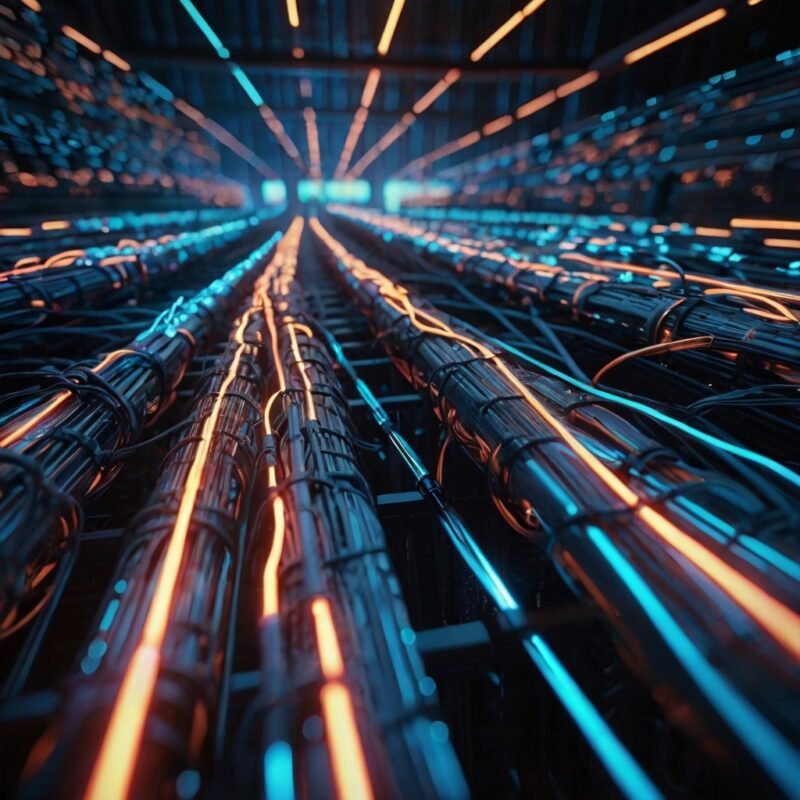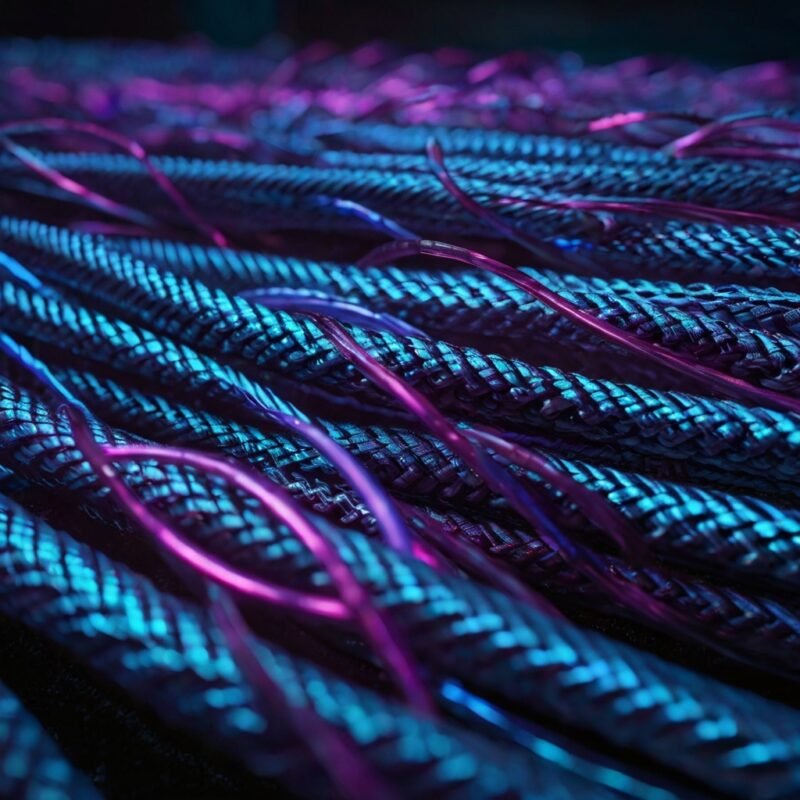Why Fiber Optic Cables Are the Future of Business Networking

In the fast-paced digital era, businesses rely on networks that deliver speed, reliability, and security. While traditional copper cables once ruled the industry, fiber optic cables are rapidly becoming the standard for modern business networking.
But why is fiber considered the future of business connectivity? Let’s explore the benefits that make it the smart choice for enterprises of all sizes.
1. Unmatched Internet Speeds
Fiber optic cables use light to transmit data, enabling gigabit and multi-gigabit speeds far beyond what copper cables can provide. This means:
-
Faster downloads and uploads
-
Smooth video conferencing
-
Efficient use of cloud-based applications
For businesses, speed equals productivity—and fiber delivers it flawlessly.
2. Superior Reliability
Unlike copper, fiber is less prone to interference from:
-
Electromagnetic signals
-
Weather fluctuations
-
Long-distance transmission issues
This makes fiber networks highly reliable, reducing downtime and ensuring smooth operations.
3. Enhanced Data Security
Fiber optic cables are much harder to tap compared to copper, making them a secure choice for sensitive business data. Industries like finance, healthcare, and IT benefit greatly from the enhanced data protection fiber offers.
4. Supports High Bandwidth Needs
Modern businesses handle massive amounts of data daily—cloud apps, video calls, big data analytics, and IoT devices. Fiber optic cables provide higher bandwidth capacity, ensuring your network never slows down, even during peak usage.
5. Future-Proof Investment
Technology is evolving, and data demands will only increase. Fiber optic infrastructure is scalable and future-ready, allowing businesses to:
-
Expand without frequent upgrades
-
Adapt to growing device connectivity
-
Stay competitive in a digital-first market
6. Cost-Effective in the Long Run
Although the initial investment in fiber optic cables may be higher, businesses save in the long run due to:
-
Reduced downtime
-
Lower maintenance needs
-
Increased efficiency and productivity
Fiber is a smart, long-term investment for any growing enterprise.
Conclusion
Fiber optic cables represent the future of networking by offering speed, reliability, security, and scalability. For businesses aiming to stay competitive, switching to fiber isn’t just an upgrade—it’s a necessity.
👉👉👉 Contact Now to power your business with high-speed fiber optic networking solutions.
